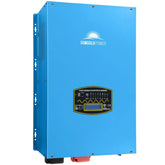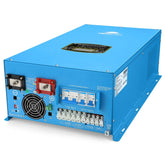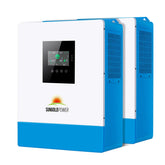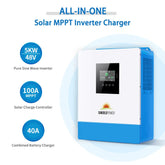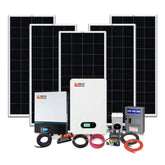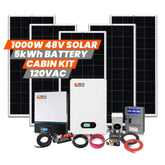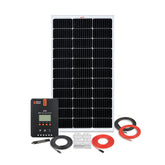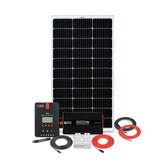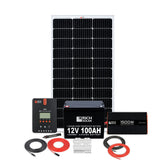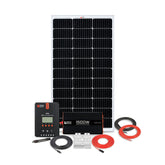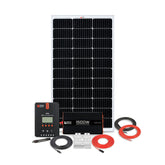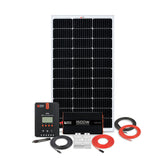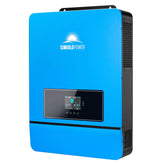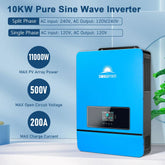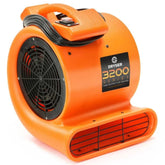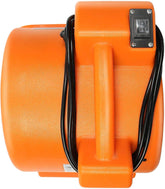Get In Touch +1 (888) 575-2099
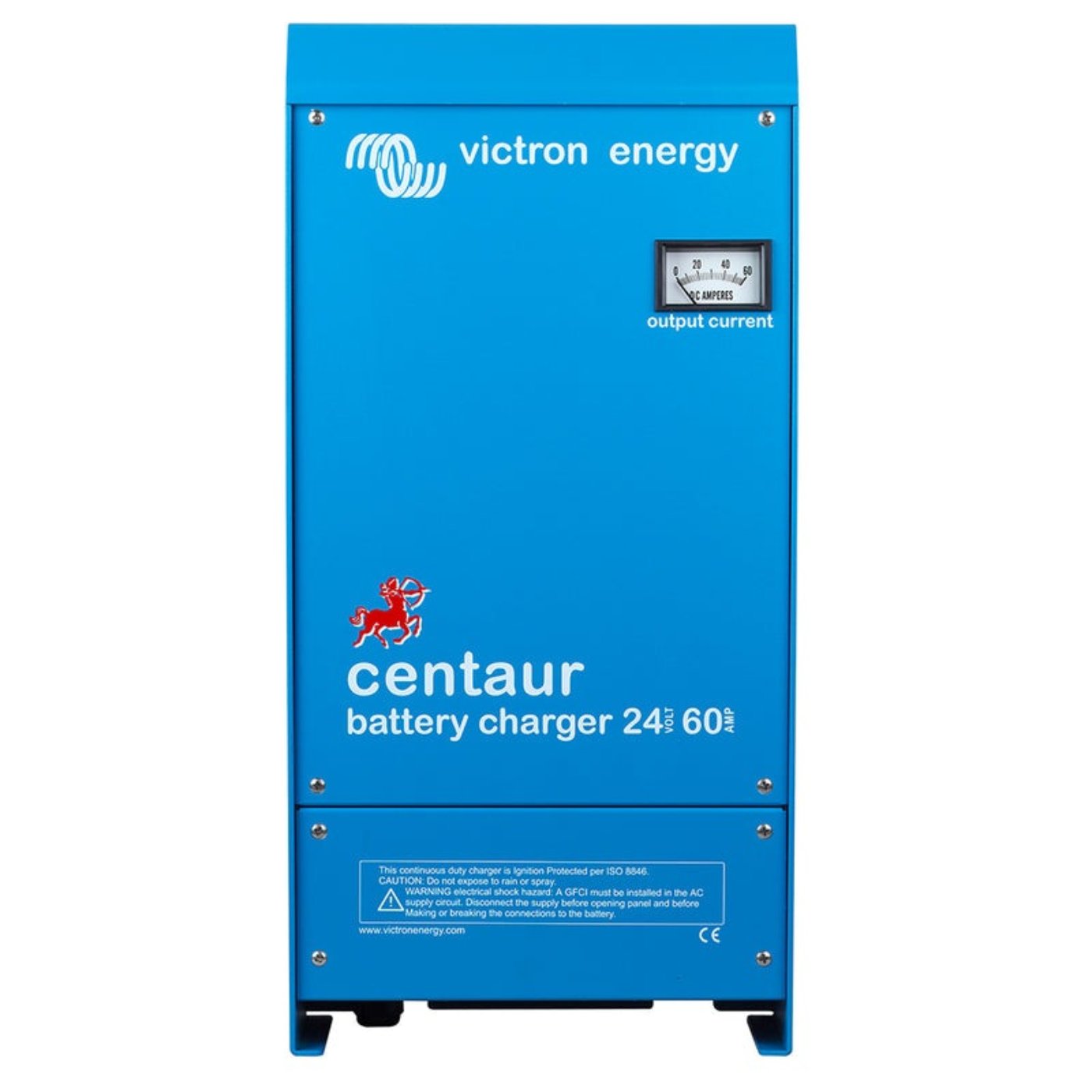
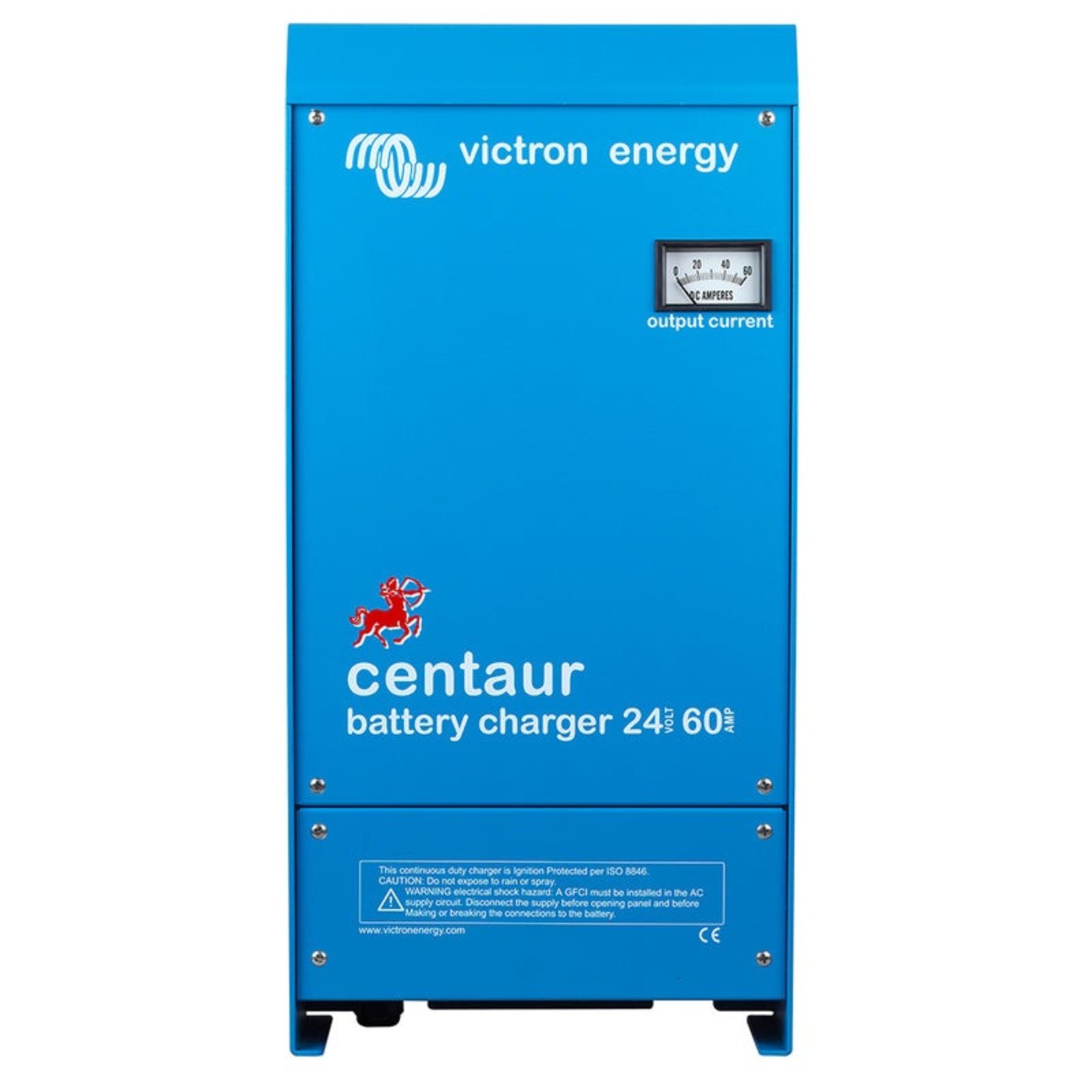
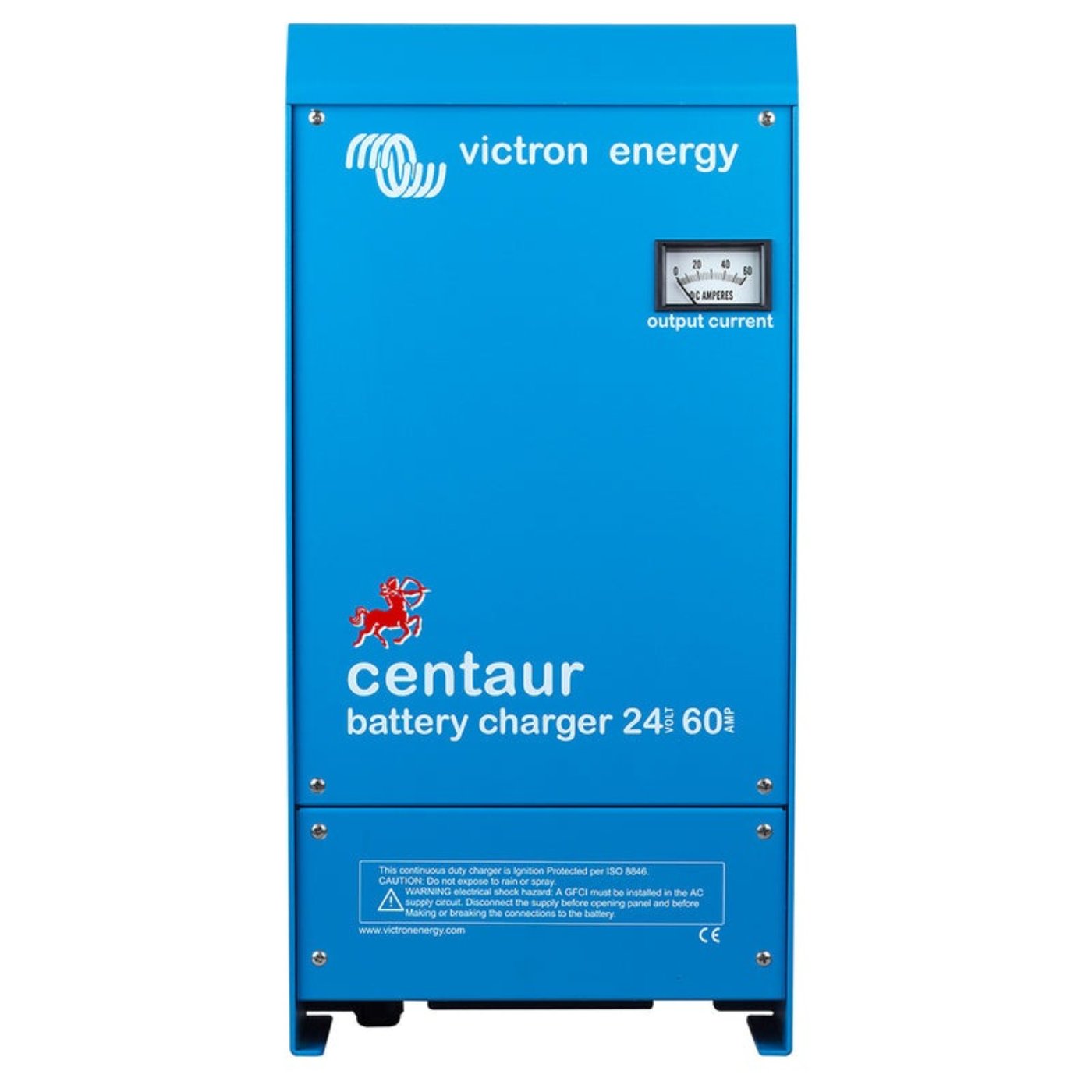
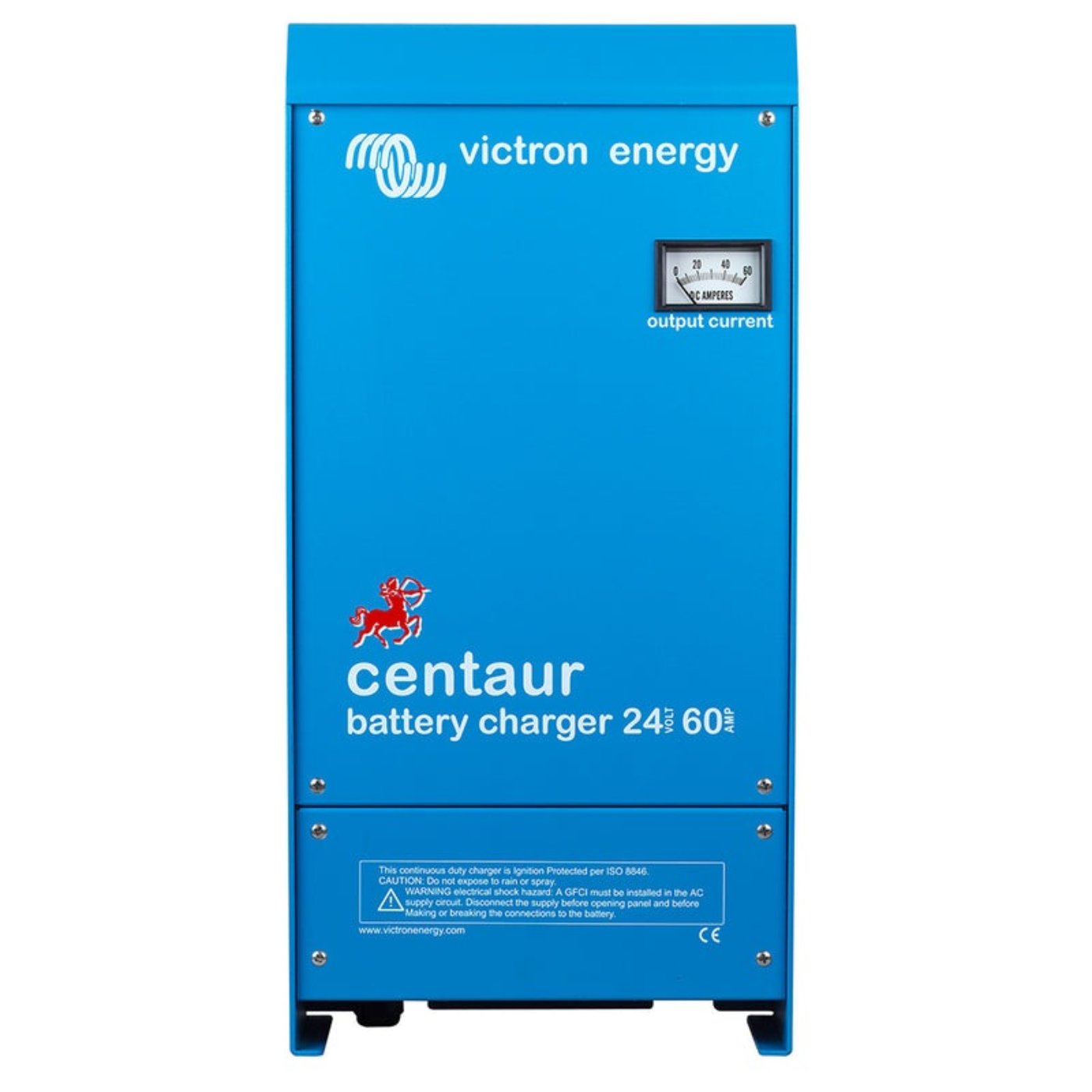
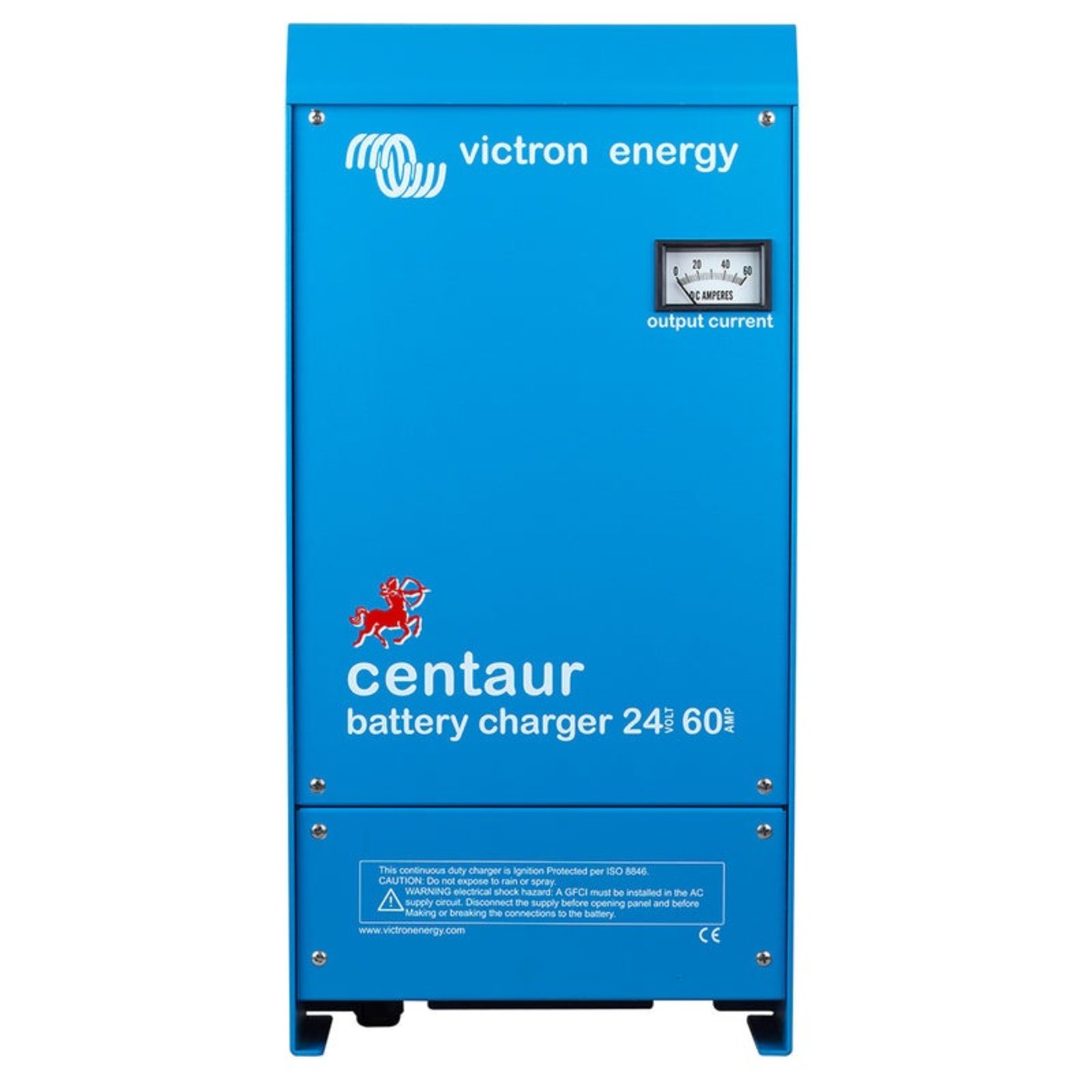
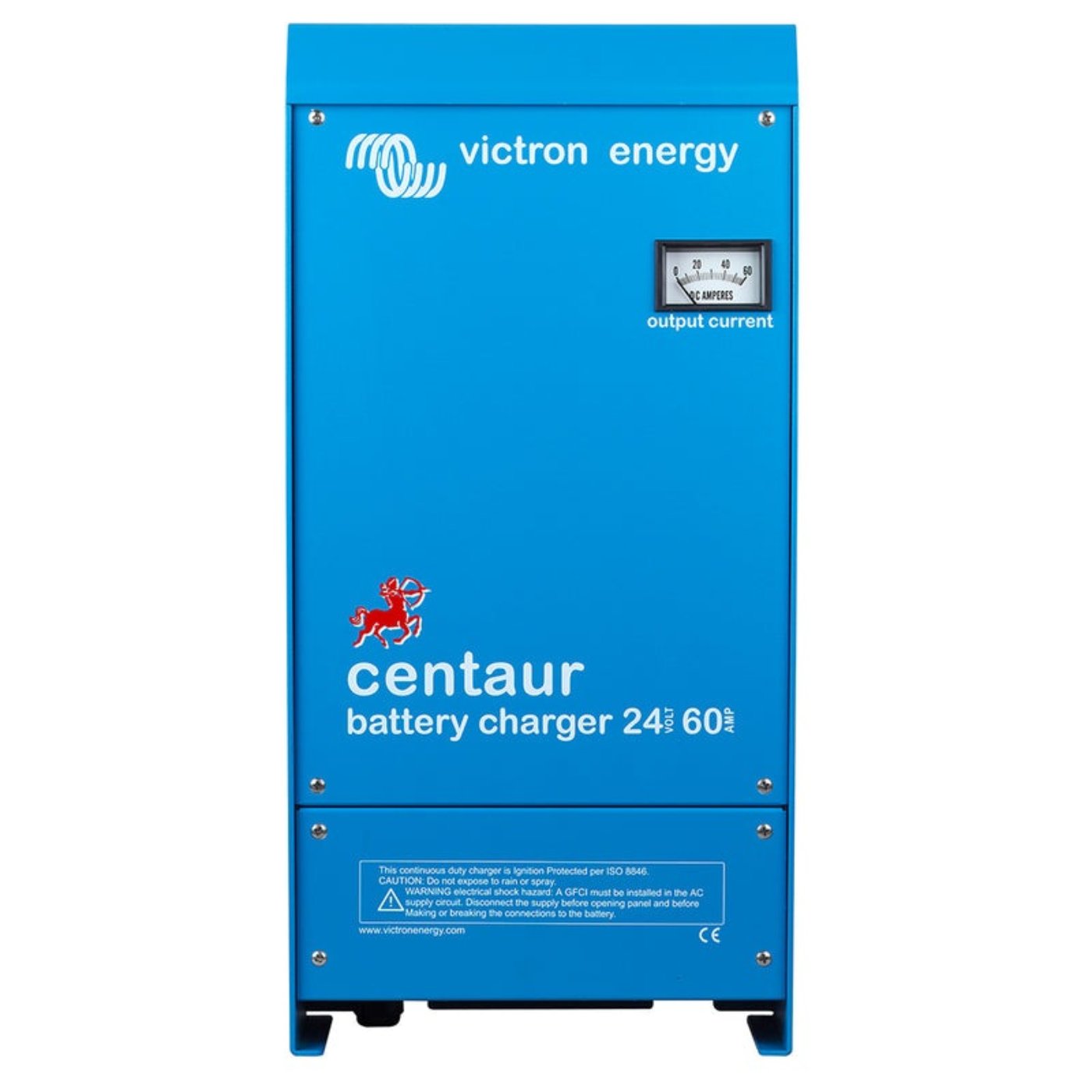
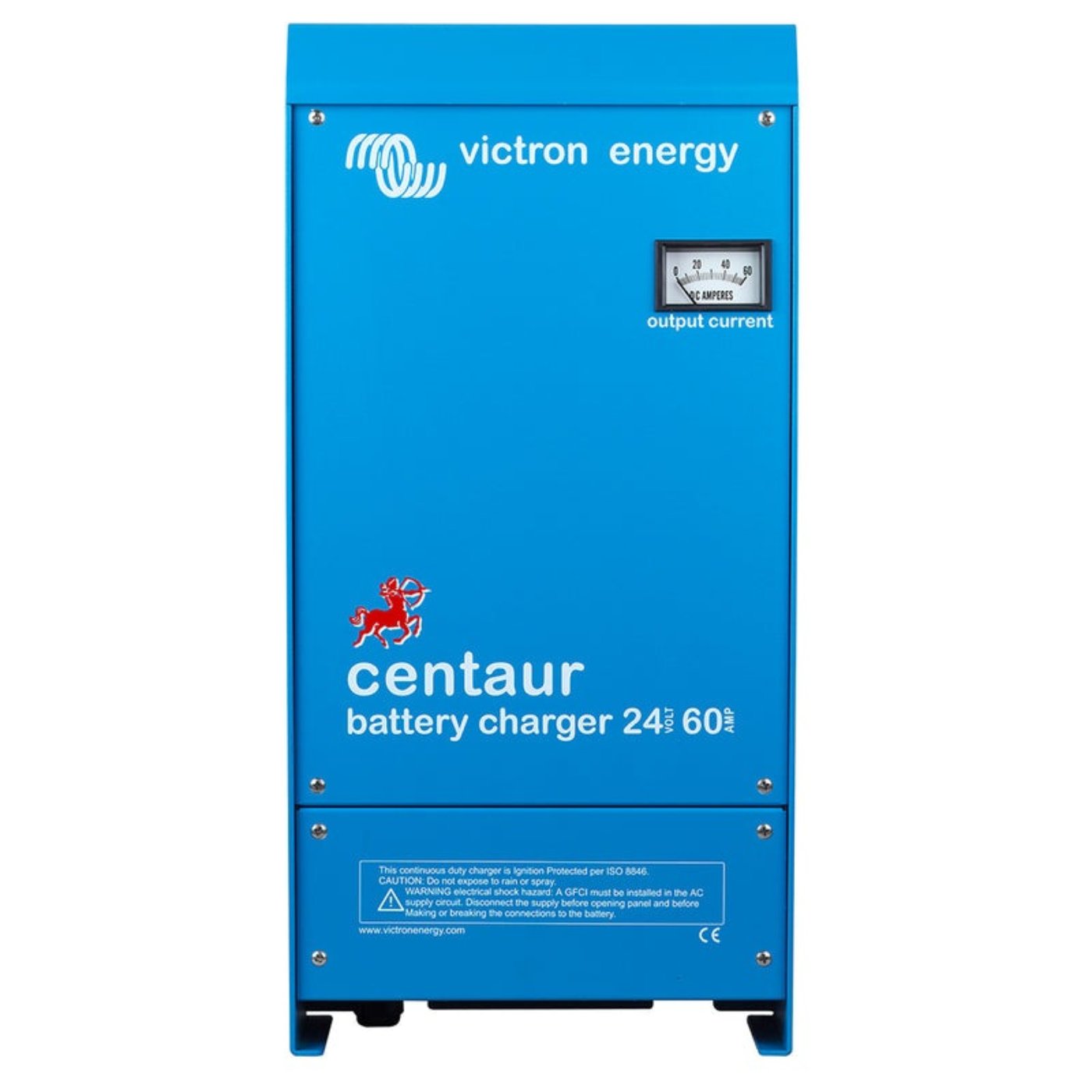
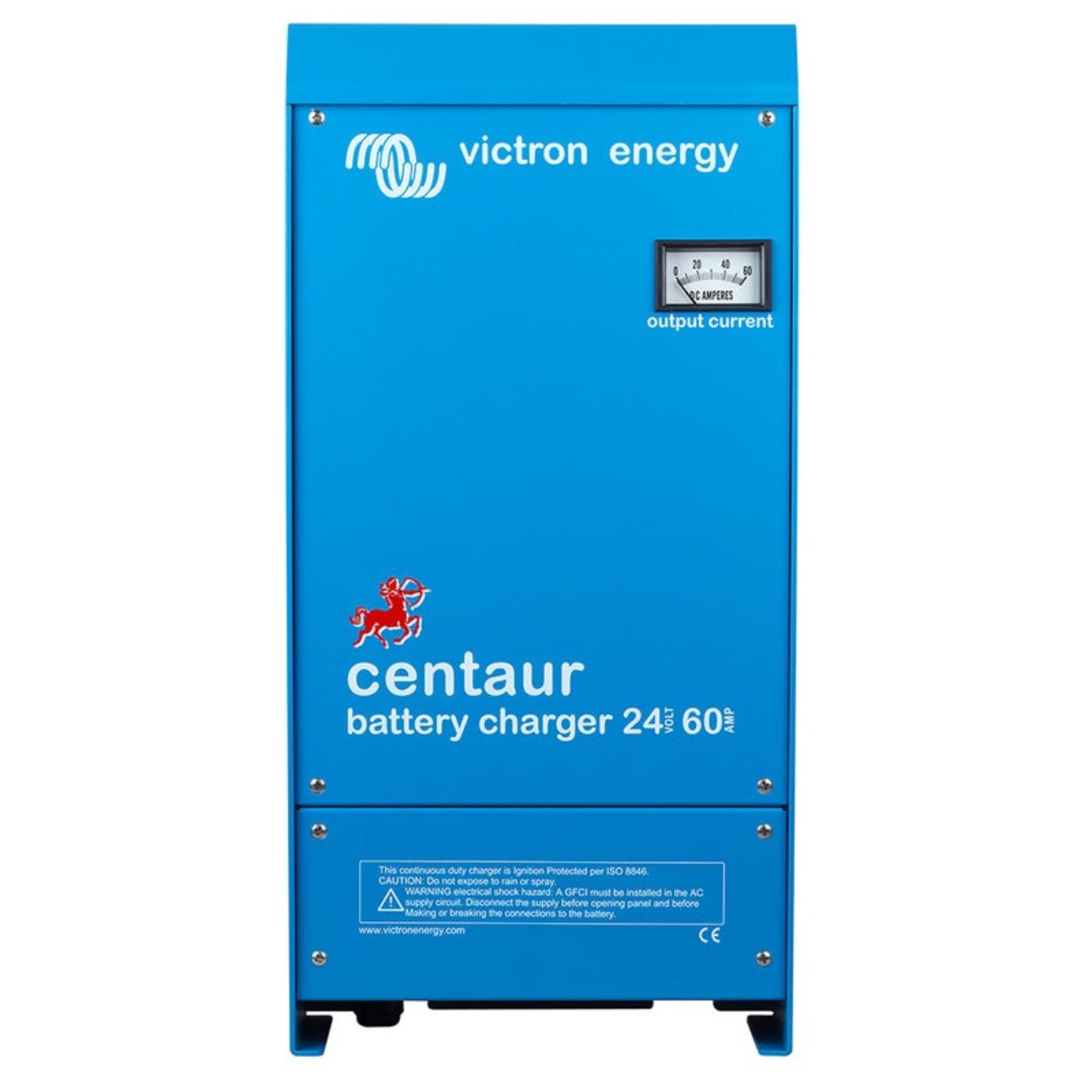
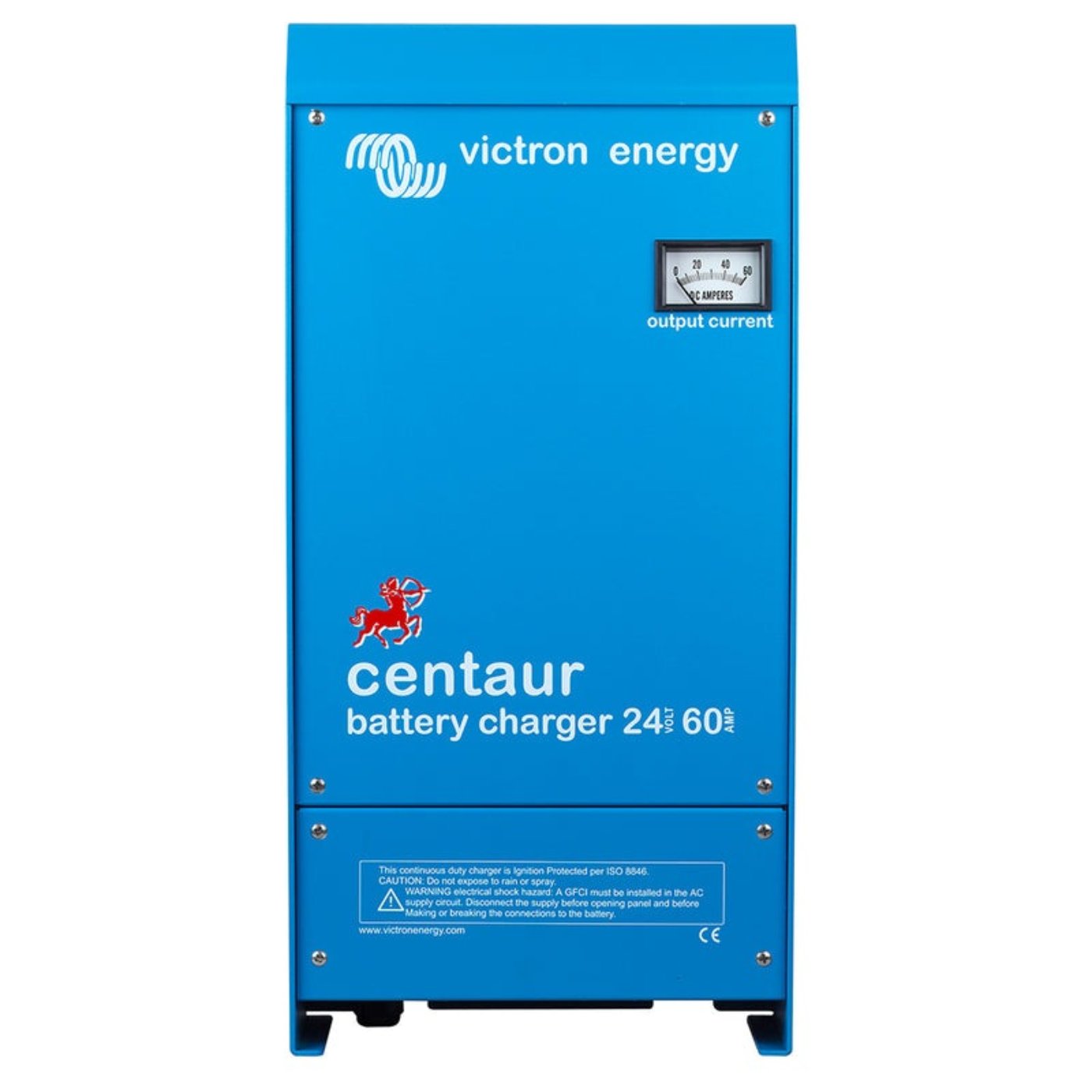
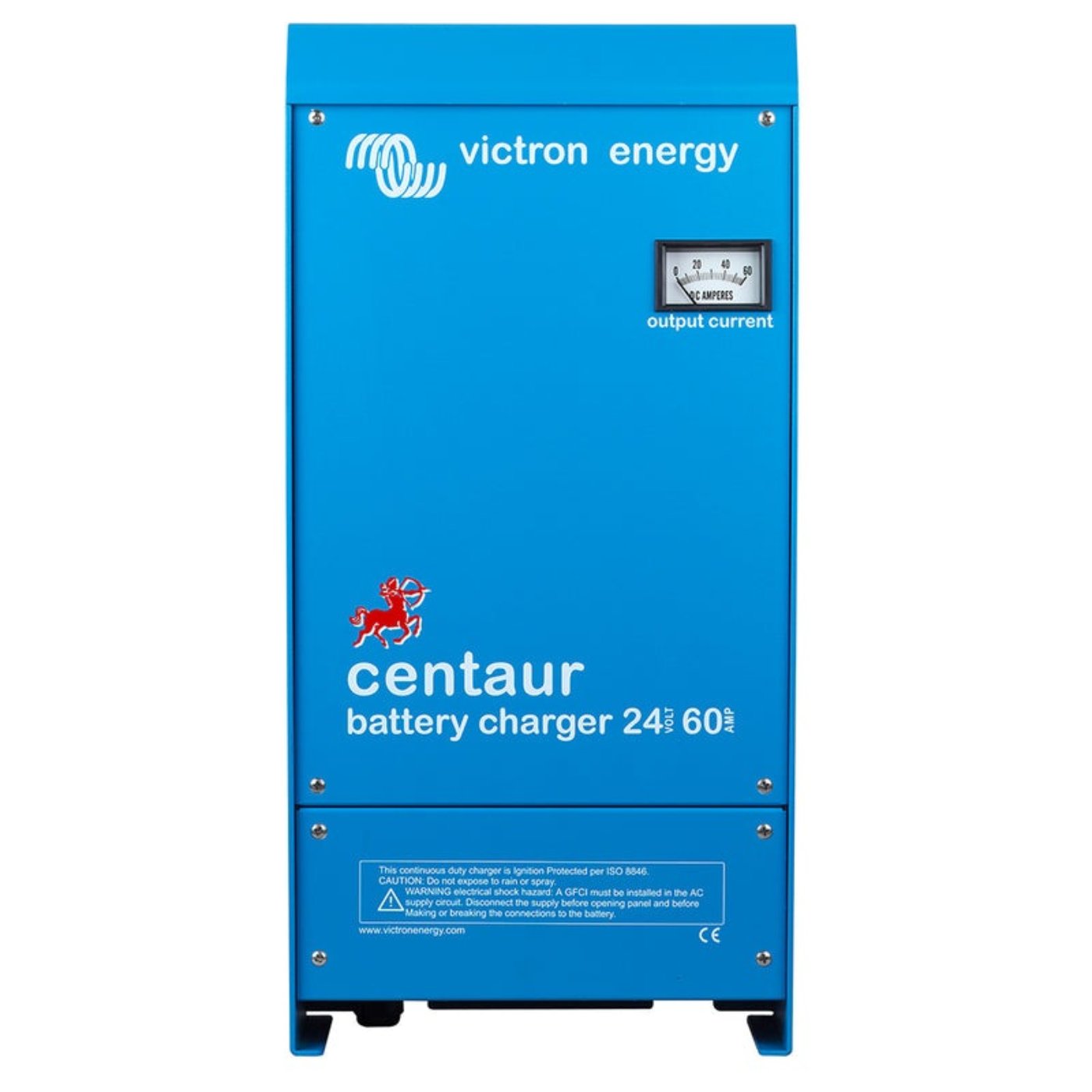
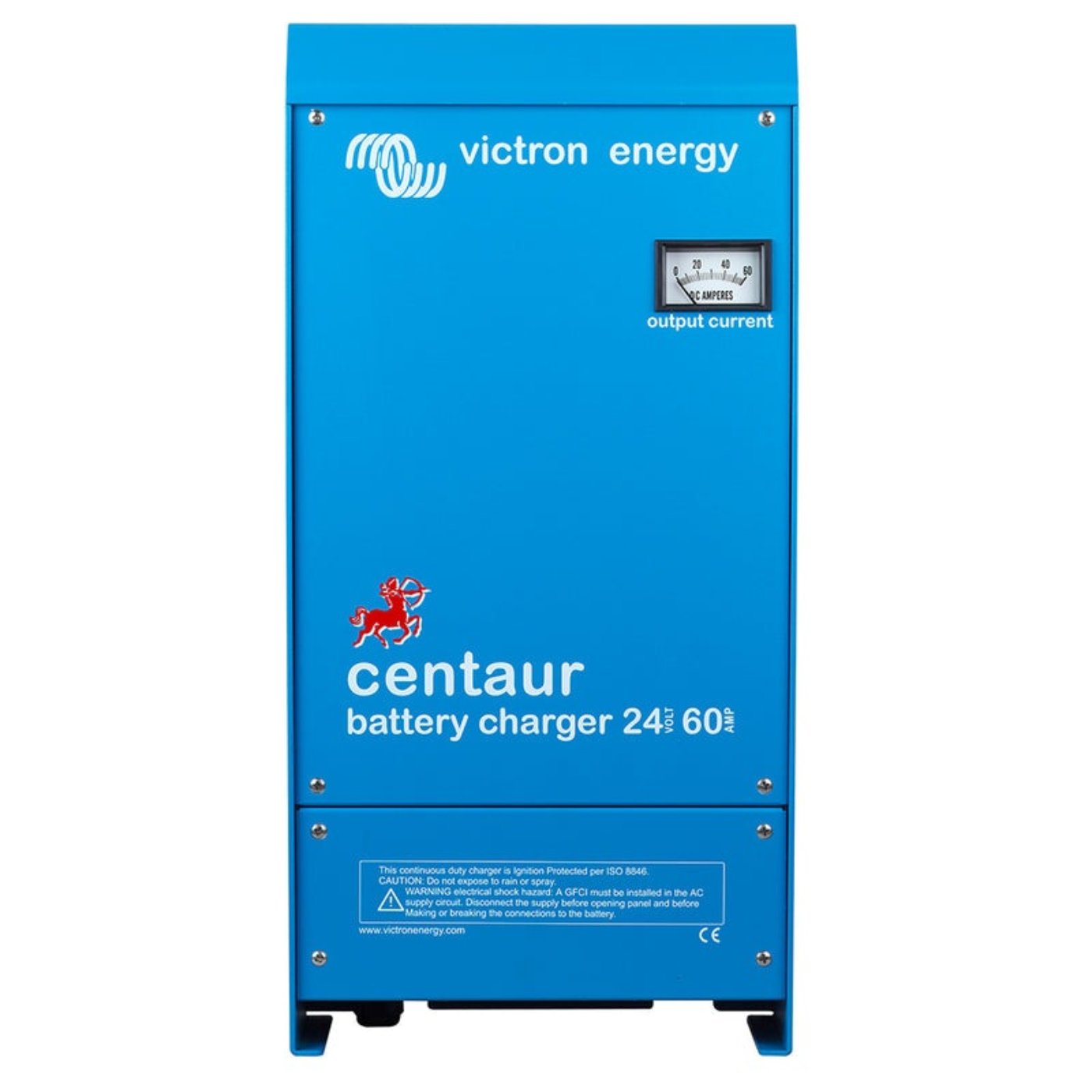
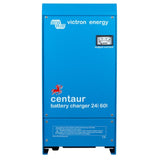
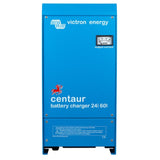

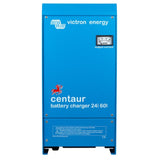
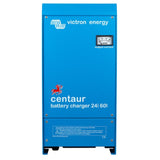
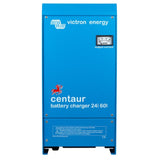
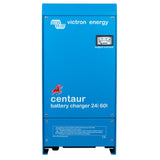
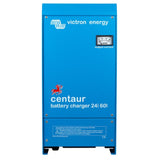
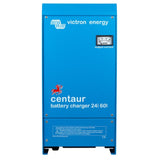
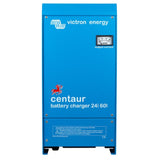
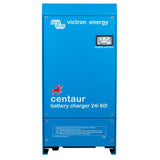
Victron Energy Centaur Charger - 24 VDC - 30AMP - 3-Bank - 120-240 VAC - CCH024030000 - CW82834
- $594.15
$699.00- $594.15
- Unit price
- per

Expert Support,
Dial +1 (888) 575-2099

Limited Supply,
grab it before it's gone.

Lowest prices,
As low as possible.

All Items are brand New,
Never used.
Recently Viewed Products
Victron Energy Centaur Charger - 24 VDC - 30AMP - 3-Bank - 120-240 VAC - CCH024030000 - CW82834
Centaur Charger - 24 VDC - 30AMP - 3-Bank - 120-240 VAC
The Victron Energy Centaur Charger is built to withstand the toughest conditions with quality materials and advanced engineering. Its aluminum epoxy powder-coated case with a drip shield and stainless steel fixings ensure durability in adverse environments, including heat, humidity, and salt air. The circuit boards are protected with an acrylic coating for maximum corrosion resistance. Temperature sensors are integrated to ensure power components operate within specified limits, automatically reducing output current under extreme conditions if needed.
This charger operates universally with an input voltage range of 90-265V AC, suitable for both AC-DC and DC-DC operation. It does not require any adjustment for this wide voltage range, whether 50 Hz or 60 Hz, and also accepts a 90-400 V DC supply. The Centaur Charger features three isolated outputs, each capable of supplying the full rated current to simultaneously charge three battery banks. It employs a three-stage charging process with temperature compensation, charging at bulk rate until the output reduces to 70% of the rated amps, after which a 4-hour timer begins. After this period, the charger switches to float rate. An internal temperature sensor adjusts the charge voltage with a compensation rate of –2 mV/ºC per cell. A DIP switch allows selecting the optimal charge/float voltages for Flooded Lead-acid, Gel, or AGM batteries.
Features
-
Quality without compromise - Aluminium epoxy powder coated cases with drip shield and stainless steel fixings withstand the rigors of an adverse environment: heat, humidity and salt air. Circuit boards are protected with an acrylic coating for maximum corrosion resistance. Temperature sensors ensure that power components will always operate within specified limits, if needed by automatic reduction of output current under extreme environmental conditions.
-
Universal 90-265V AC input voltage range and also suitable for DC supply (AC-DC and DC-DC operation) All models will operate without any adjustment needed over a 90 to 265 Volt input voltage range, whether 50 Hz or 60 Hz.
-
The chargers also accept a 90-400 V DC supply.
-
Three outputs that each can supply the full output current Three isolated outputs to simultaneously charge 3 battery banks Each output is capable to supply the full rated current.
-
Three-stage charging, with temperature compensation The Centaur charges at bulk rate until the output has reduced to 70% of the rated Amps, at which a 4 hour timer begins. After the timed period the charger switches to float rate. An internal temperature sensor is used to compensate the charge voltage with – 2 mV/ºC (– 1 mV/ºF) per cell. A DIP switch is available to select the optimum charge/float voltages for Flooded Lead-acid, Gel or AGM batteries
Specifications
| Portable | No |
|---|---|
| Charging Banks | 3 |
| Charger Output Voltage | 24v |
| Charger Output - Amps | 30a |
| Charger Input - Voltage | 90-265v |
What Our Experts Think
- 30A Output: With a 30A charging capacity, this charger offers efficient and reliable charging for medium-sized 24V battery systems, ideal for off-grid, RV, and marine applications.
- Three-Bank Charging: Capable of charging up to three separate 24V batteries simultaneously, making it perfect for setups that require multiple battery banks, such as off-grid systems or electric vehicles.
- Wide Input Voltage Range: Supports 120-240 VAC input, offering flexibility for use in different regions, ensuring compatibility with a wide variety of power sources.
- Multi-Stage Charging: Includes a multi-stage charging process (bulk, absorption, and float), optimizing battery life by ensuring that batteries are charged efficiently and safely.
- Built-In Protection: Features over-voltage, over-temperature, and short-circuit protection, ensuring the longevity of both the charger and the batteries.
- Durable Design: Built with high-quality components, this charger is designed for long-term use in tough environments, making it suitable for both mobile and stationary off-grid applications.
Q&A
Q: What is the Victron Energy Centaur Charger used for?
A: The Centaur Charger is designed to charge 24V DC battery systems efficiently, ideal for off-grid, marine, RV, and industrial setups.
Q: What is the output capacity of the Centaur Charger?
A: It provides a 24V output with a 30A charging capacity, capable of charging up to three separate battery banks simultaneously.
Q: What input voltage does the Centaur Charger support?
A: It supports 120-240V AC input, ensuring compatibility with various power sources.
Q: Does it support multiple battery banks?
A: Yes, the Centaur Charger can charge up to three battery banks, offering flexibility in managing different systems.
Q: Is the Centaur Charger compatible with various battery types?
A: Yes, it supports lead-acid, AGM, and lithium-ion batteries, with selectable charging profiles tailored to each type.
Q: Does it have smart features?
A: The Centaur Charger does not feature Bluetooth, but it can be integrated with other Victron devices for remote monitoring and system management.
Q: Is it easy to install?
A: Yes, the Centaur Charger is designed for straightforward installation with clear wiring instructions, making it suitable for various applications.
Q: Does it include built-in safety features?
A: Yes, the Centaur Charger provides overvoltage, overcurrent, and temperature protection to ensure safe and efficient charging
Maintenance Tips
-
Regular Cleaning: Clean the Centaur Charger with a soft, dry cloth to remove dust, dirt, and debris. Be cautious around ventilation areas to ensure they remain clear for proper airflow. Avoid using water or harsh cleaning agents that could damage the unit.
-
Ensure Proper Ventilation: Place the charger in a well-ventilated area with good airflow to prevent overheating. Make sure the air vents are not obstructed to ensure that heat can dissipate efficiently and maintain optimal performance.
-
Inspect Wiring and Connections: Check the input and output wiring, terminals, and connections for any signs of wear, corrosion, or loose connections. Tighten any loose connections and clean off any corrosion to prevent unreliable electrical contact or system inefficiency.
-
Monitor Charging Performance: Regularly monitor the charger’s output to ensure it is properly charging all three battery banks. Verify that the voltage and current are within the recommended limits for your 24VDC battery system to ensure safe and efficient charging.
-
Test Functionality: Test the Centaur Charger’s performance periodically by checking that the power is being distributed evenly across the three banks and there are no errors or interruptions. Confirm that the charger is working within the system’s expected parameters.
-
Check for Firmware Updates: Check for firmware updates via the VictronConnect app or website. Keeping the charger updated ensures that you benefit from new features, bug fixes, and performance improvements.
-
Avoid Overloading: Ensure that the charger is not being overloaded beyond its 30A capacity. Overloading can cause overheating or damage the charger, so make sure the system is within its rated limits.
-
Inspect for External Damage: Regularly inspect the charger’s external casing for cracks, scratches, or other damage that could affect its durability and performance. Address any issues immediately to maintain the integrity of the unit.
Related Products
- Choosing a selection results in a full page refresh.











